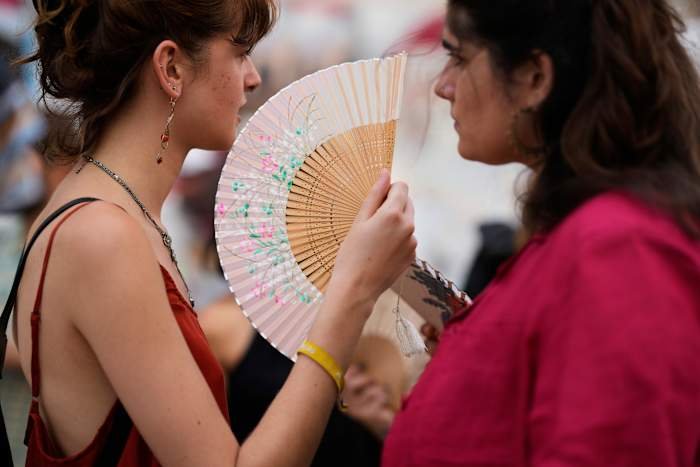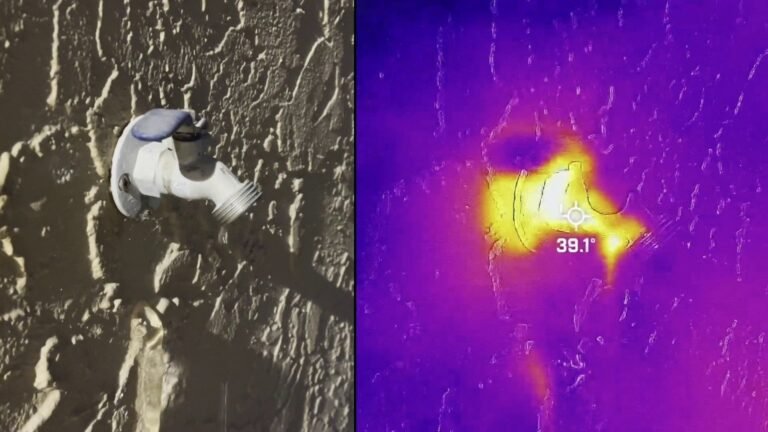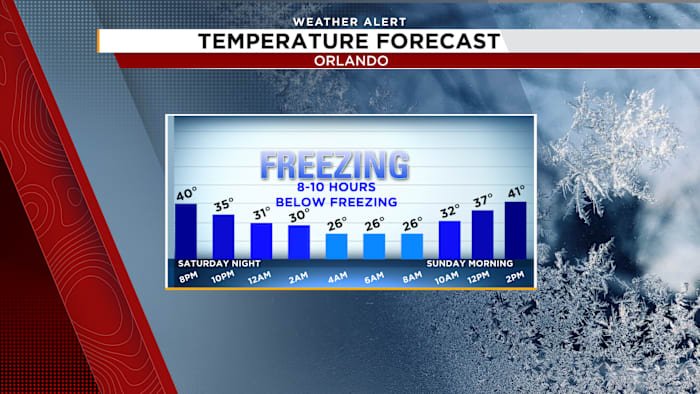Severe heat waves are sweeping across Southern Europe, with local authorities issuing urgent warnings about escalating wildfire dangers. In countries like Italy, Spain, and Greece, temperatures have soared beyond 40 degrees Celsius (104 degrees Fahrenheit), disrupting daily life and putting communities at risk. While these developments are unfolding thousands of miles away, Orlando residents can draw important lessons and parallels as our city faces its own challenges with high temperatures and wildfire preparedness.
Record-Breaking Temperatures Grip Southern Europe
This summer, Southern Europe has been gripped by a relentless heat wave, setting new temperature records and prompting health advisories. Cities in Italy, Spain, and Greece have reported daytime highs consistently topping 40°C (104°F), with some areas surpassing these figures. The extreme heat has led to the closure of public spaces, disruptions in transport, and increased strain on healthcare systems as heat-related illnesses spike.
Local governments have responded by opening cooling centers and issuing guidelines for residents to stay hydrated and avoid outdoor activities during peak heat hours. The situation mirrors the heat advisories frequently issued in Orlando during our summer months, highlighting the global nature of climate challenges and the need for community resilience.
Wildfire Risks Reach Critical Levels
With the mercury rising, Southern European authorities are sounding the alarm about wildfire risks. Dry vegetation combined with high temperatures and strong winds has created the perfect conditions for wildfires to ignite and spread rapidly. Recent fires in Spain and Greece have forced the evacuation of thousands and caused significant damage to homes and natural habitats.
This scenario serves as a reminder to Orlando residents about the importance of wildfire prevention and preparedness, especially as Central Florida faces its own dry spells and rising temperatures. Local agencies in Orlando regularly advise homeowners to clear brush, maintain defensible space around properties, and stay informed about fire bans and emergency plans.
Impact on Tourism and Local Economies
Tourism, a cornerstone of Southern Europe’s economy, has been severely affected by the heat wave. Popular destinations like Rome, Athens, and Barcelona are seeing fewer visitors as tourists change plans due to uncomfortable weather and wildfire threats. Outdoor attractions have closed, and some historic landmarks are limiting access to prevent health risks.
For Orlando, a city with a thriving tourism industry, these developments underscore the importance of climate adaptation. High temperatures can impact visitor experiences at theme parks, outdoor festivals, and natural attractions. Local businesses and tourism operators are increasingly investing in shade structures, cooling zones, and flexible scheduling to keep guests safe and comfortable during hot spells.
Climate Change: A Global Challenge With Local Solutions
Experts attribute the intensity and frequency of recent heat waves to climate change. Rising global temperatures are making extreme weather events more common, affecting communities worldwide. While Southern Europe currently faces the brunt of this crisis, cities like Orlando are also vulnerable to similar challenges.
Orlando has taken proactive steps to address climate resilience, from expanding its tree canopy to investing in green infrastructure and promoting energy-efficient buildings. Public awareness campaigns about heat safety, water conservation, and wildfire prevention play a crucial role in keeping our community prepared.
Residents are encouraged to stay informed about local weather conditions, participate in community preparedness programs, and support policies that reduce carbon emissions and promote sustainability.
What Orlando Can Learn From Southern Europe’s Experience
The ongoing heat wave and wildfire crisis in Southern Europe offer valuable lessons for Orlando. Coordinated emergency response, strong public communication, and investment in infrastructure are key to minimizing the impact of extreme weather. By staying vigilant and prepared, Orlando can continue to safeguard its residents, visitors, and natural resources from the growing risks associated with climate change.
Whether it’s following heat advisories, taking steps to prevent wildfires, or supporting environmental initiatives, every action counts in building a resilient community.
Conclusion
As Southern Europe battles record heat and wildfire threats, the ripple effects—and the lessons—are felt far beyond its borders. Orlando’s own experiences with extreme weather make these global events particularly relevant. What are your thoughts on how Orlando can prepare for and respond to similar challenges? Share your experiences and suggestions in the comments below!
















